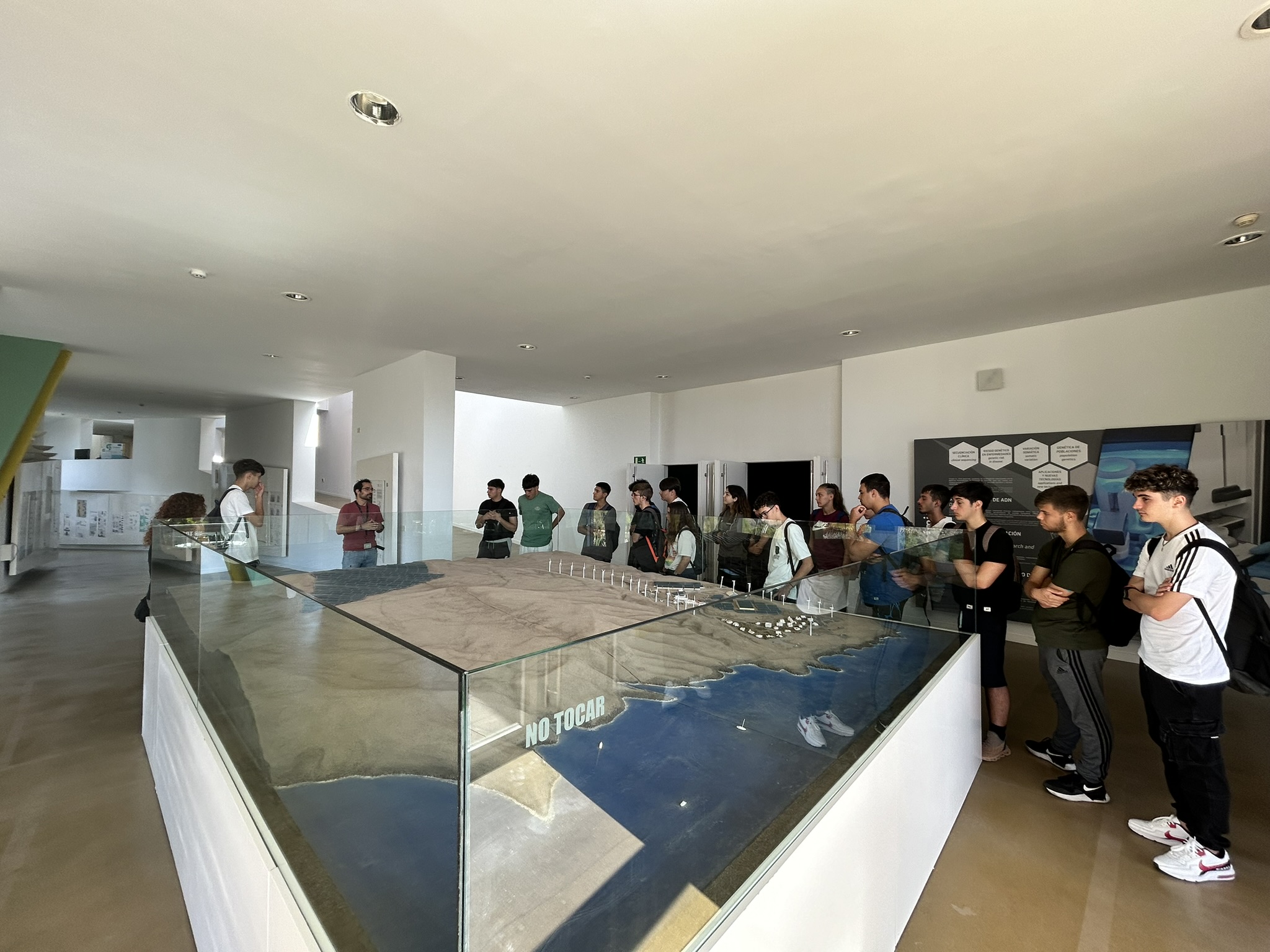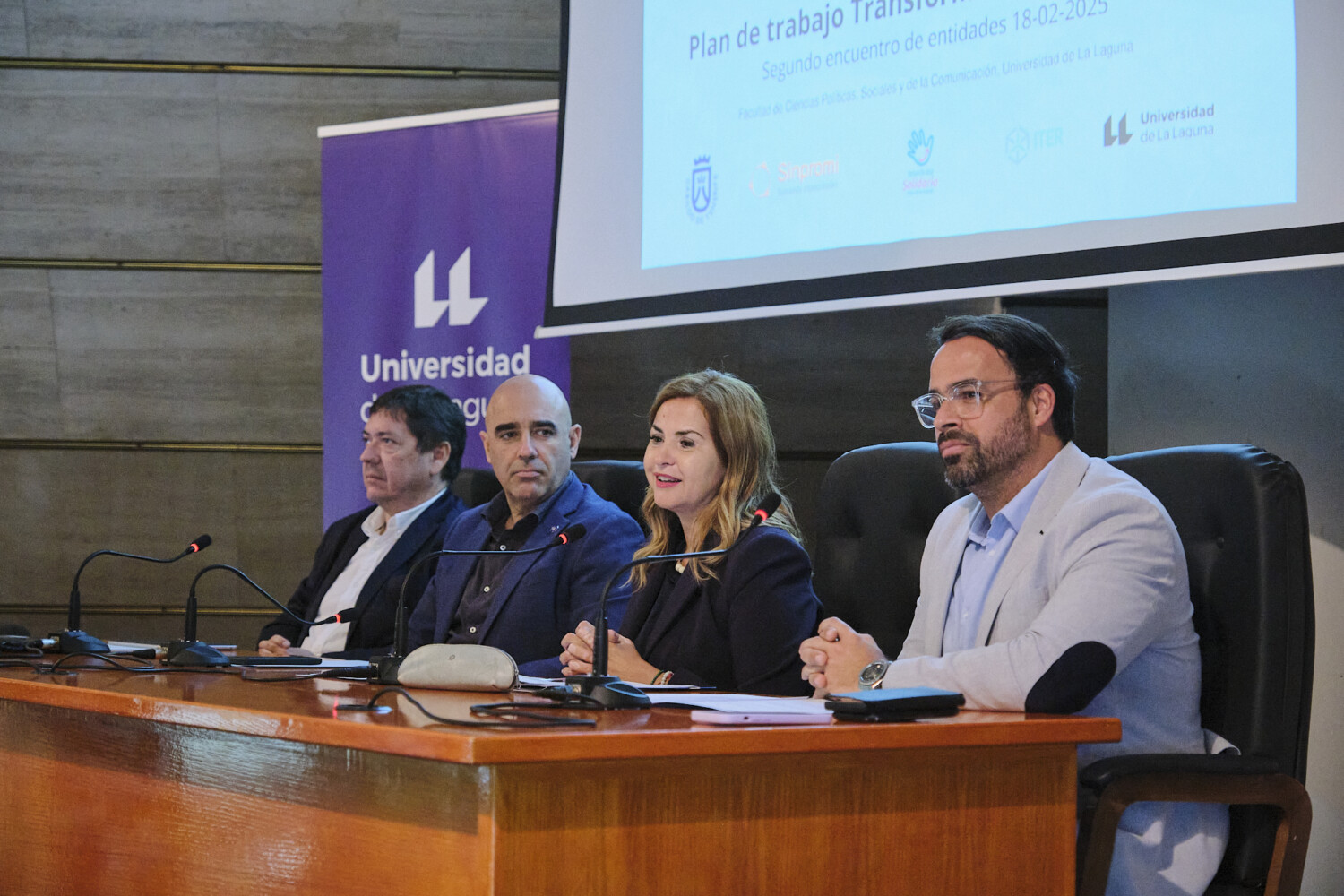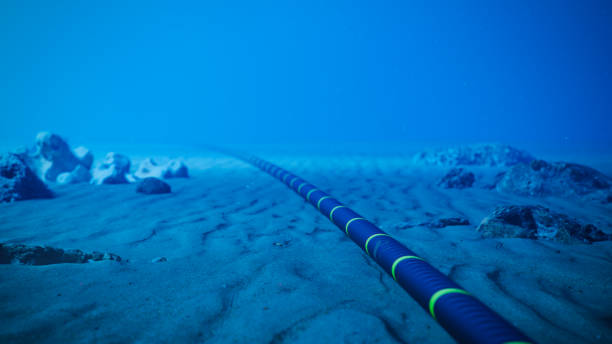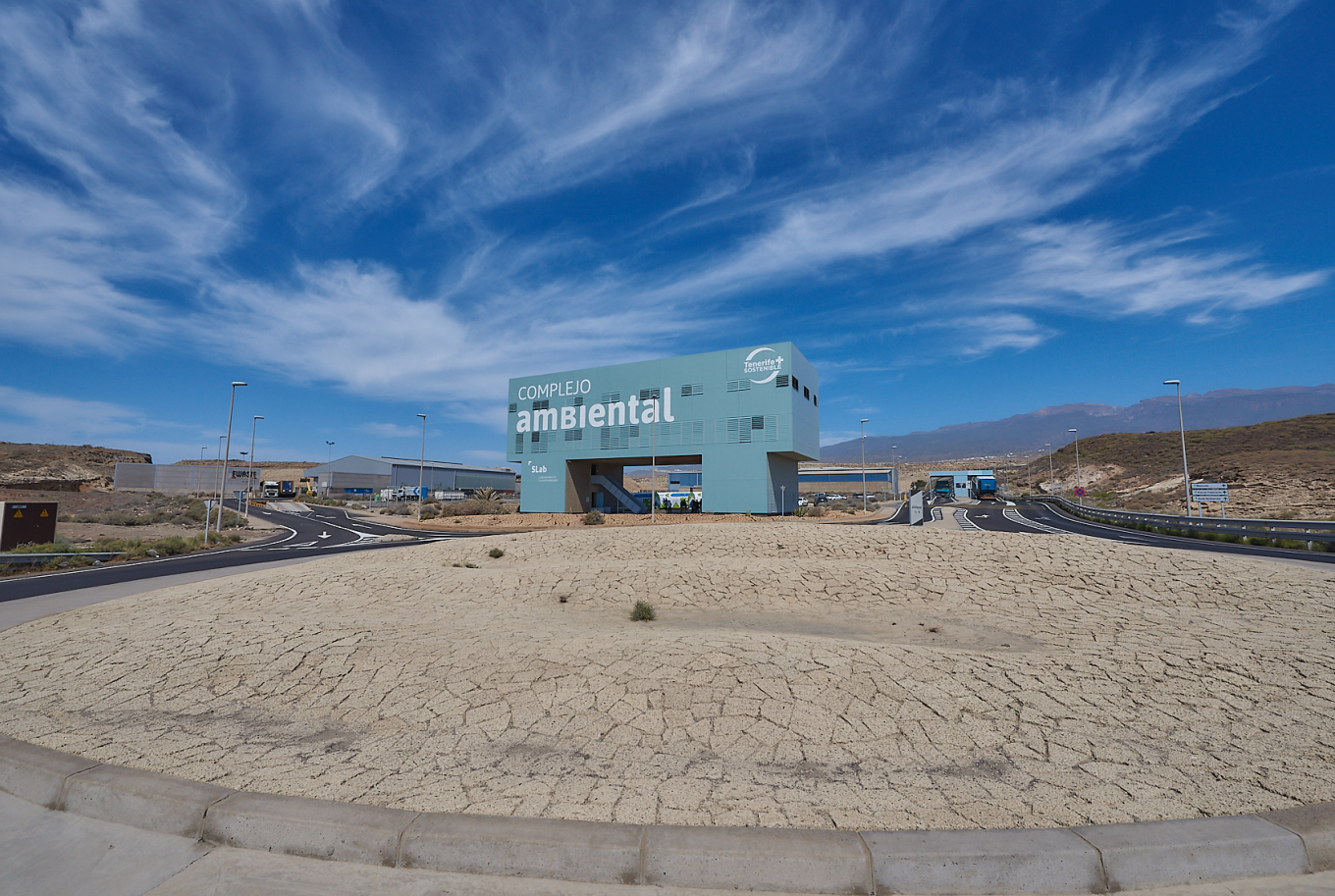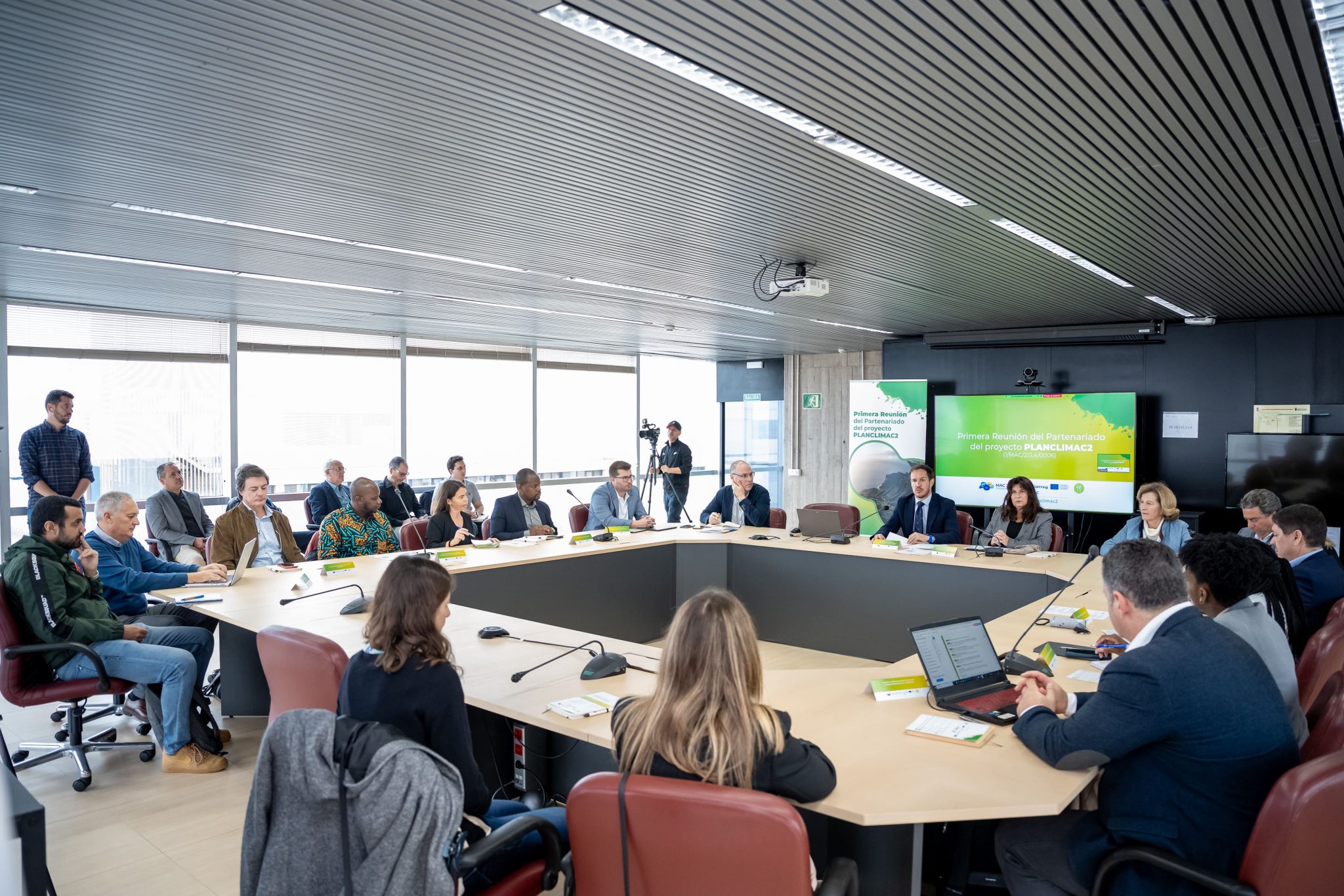Within the framework of the Science and Innovation Weeks and the European Quality Week, the Instituto Tecnológico y de Energías Renovables (ITER) has brought its scientific and technological work closer to society with three days dedicated to dissemination.
The Institute of Technology and Renewable Energies (ITER), an entity dependent on the Cabildo of Tenerife, celebrated with remarkable interest its open days between November 11th and 15th. These activities were part of the Science and Innovation Weeks in the Canary Islands. and the European Quality Week, organized byThe Canary Islands Agency for Research, Innovation and the Information Society of the Government of the Canary Islands and the Consumer Affairs Office of the Island Council of Tenerife.
During this week, ITER opened its facilities to share the advances of its main research areas in supercomputing, artificial intelligence applied to agriculture and energy transition. These initiatives sought to promote the transfer of knowledge and awareness of citizenship in key issues for sustainable development and technological innovation in the Canary Islands.
In addition to these events, ITER participated in the European Quality Week in Tenerife 2024 in the initiative “Panel of SDGs Actions”, an activity aimed at disseminating experiences, good practices, projects, initiatives and ideas related to the Sustainable Development Goals (SDGs) and promoted by companies and entities of the island. In this context, ITER presented the initiatives LEAKWIT, GENERA, ENEPORTS and REGADIA, highlighting how these projects contribute to sustainable development and technological innovation in Tenerife.
Summary of the conference: innovation within the reach of citizenship
Conference on supercomputing (November 11):
The first day allowed the attendees to explore the inside of the ITER data center, home of the TeideHPC and AnagaGPU supercomputers. The researchers explained how these powerful tools are fundamental in high performance computing projects, scientific simulations and large scale data analysis. The visit was especially valued for its didactic approach, showing in a practical way how supercomputing contributes to technological progress in areas such as meteorology, biomedicine and renewable energies.
REGADIA Day – Using water wisely. Application of AI in agriculture (November 13):
The second meeting focused on the REGADIA project, which uses artificial intelligence and IoT technology to optimize water use in banana and avocado crops, two of the most water-intensive crops in the Canary Islands. During this day, participants witnessed a demonstration of the sensors deployed in the field and how, through remote sensing and Big Data techniques, it is possible to reduce water consumption without affecting agricultural yields. This activity was especially attractive for students and professionals in the agricultural sector, interested in implementing more sustainable solutions in their practices.
GENERA Conference – New tools for the energy transition (November 15):
The last day was dedicated to the European project GENERA, co-financed by the LIEFE Program and focused on energy transition in island environments. The participants took part in activities interactive technologies that exThey explained how the Canary Islands can move towards a sustainable energy model, reducing dependence on fossil fuels. ITER research staff working on this project highlighted the importance of education in the energy transition by presenting specific MOOCs available on the project website and other online tools useful for local energy transition planning. The GENERA project focuses on the empowerment of new generations, key to lead the change towards a more resilient and environmentally friendly future.
A commitment to dissemination and sustainability
These conferences highlighted the commitment of ITER with the awareness and training of citizens in key areas for the development of the islands. They also highlighted the inter-institutional collaboration, since these activities were aligned with the scientific dissemination programs organized by the Canary Agency for Research, Innovation and Information Society, and the Insular Center for Quality and Responsible Consumption of the Cabildo of Tenerife.
With a practical and accessible approach, the ITER open days reinforced the link between science and society, demonstrating that technological innovation can be an essential tool to address the challenges of the present and the future in the Canary Islands.


